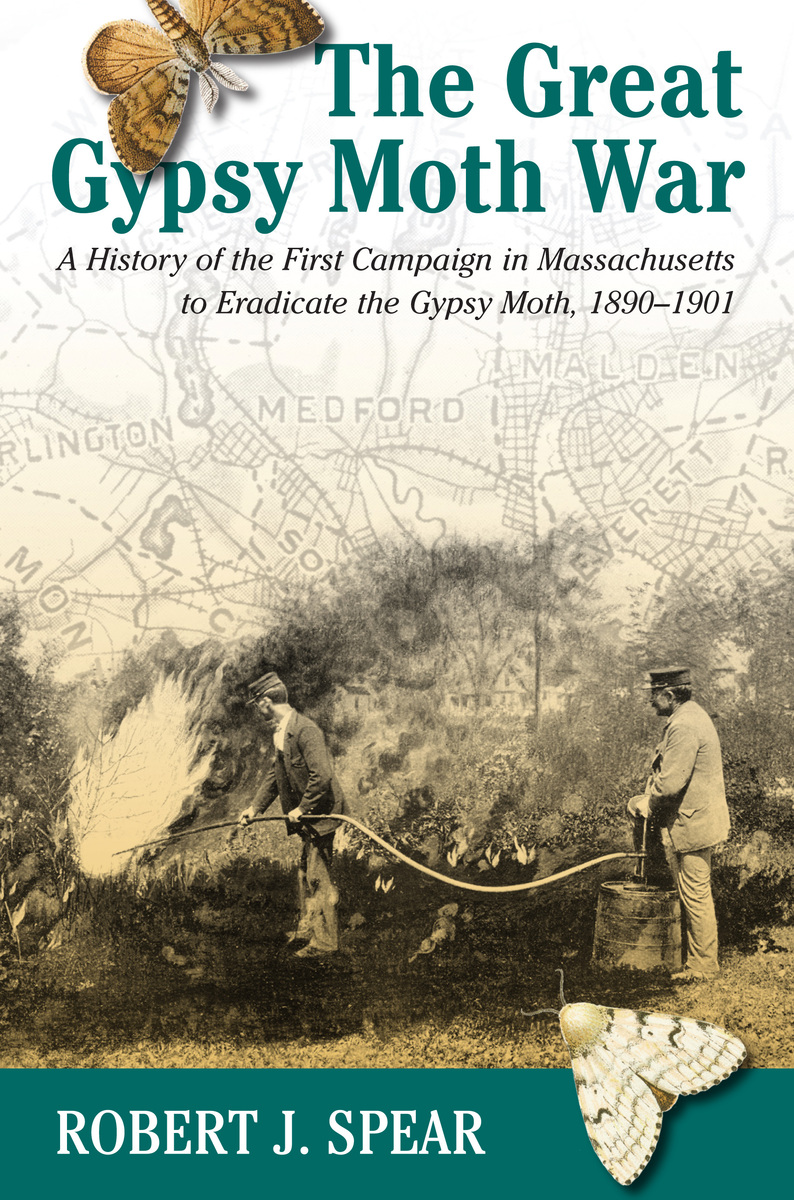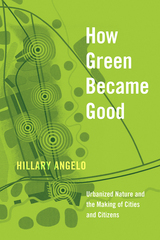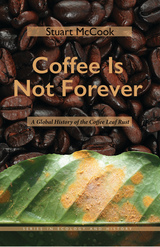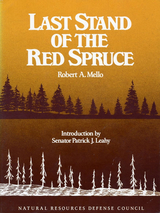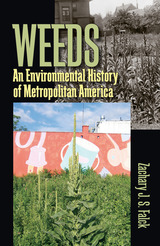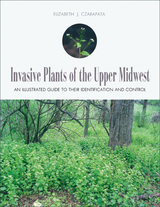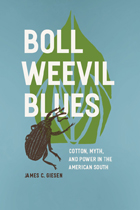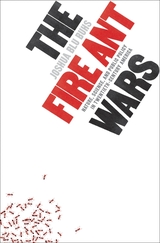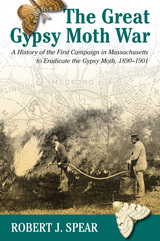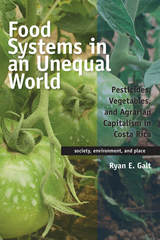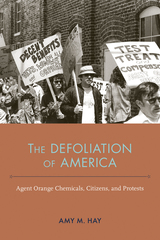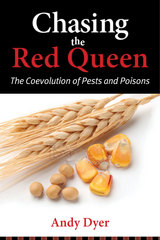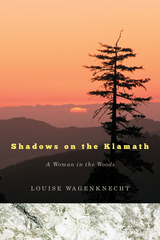The Great Gypsy Moth War: A History of the First Campaign in Massachusetts to Eradicate the Gypsy Moth, 1890-1901
University of Massachusetts Press, 2005
Cloth: 978-1-55849-479-4 | eISBN: 978-1-61376-164-9
Library of Congress Classification SB945.G9S64 2005
Dewey Decimal Classification 632.78
Cloth: 978-1-55849-479-4 | eISBN: 978-1-61376-164-9
Library of Congress Classification SB945.G9S64 2005
Dewey Decimal Classification 632.78
ABOUT THIS BOOK | AUTHOR BIOGRAPHY | REVIEWS | TOC
ABOUT THIS BOOK
In The Great Gypsy Moth War, Robert J. Spear presents the untold story behind the importation and release of the gypsy moth in North America and the astonishing series of coincidences that brought the state of Massachusetts to a decade-long war against this tenacious insect. Spear traces the events leading up to the beginning of the war in 1890, notes the causes for its failure, and shows the terrible legacy it left as the precedent for all subsequent insect-eradication campaigns.
During the Civil War, when the supply of cotton from southern fields was disrupted, the owners of northern textile mills looked elsewhere for raw fiber. One source was silk. Among those experimenting with silkworm production was a Frenchman named Etienne Leopold Trouvelot, who had settled outside of Boston. It was Trouvelot who imported the gypsy moths and inadvertently allowed them to escape. Soon the invasion was on and a counteroffensive was required.
Spear reveals the turbulent undercurrents in the eradication campaign when the enthusiasm of the entomologists in charge turned into desperation upon the discovery that their alien adversary was much tougher than they thought. Fighting a war they could not win and dared not lose, the leaders of the campaign resorted to political maneuvering, cheap tricks, and outright misrepresentation to maintain a façade of success, urging the Commonwealth to continue funding the war long after any chance of victory had faded.
More than just reviewing the important events of this historic episode, Spear tells the story in an engaging way, often through the first-hand accounts of those who were directly involved. Much of what Spear has written is new, the recounting is lively, and the information he presents shows that almost all of the previous beliefs about the campaign to eradicate the gypsy moths are myths. In the process, he also traces the rise of modern economic entomology and the birth of the pesticide industry.
During the Civil War, when the supply of cotton from southern fields was disrupted, the owners of northern textile mills looked elsewhere for raw fiber. One source was silk. Among those experimenting with silkworm production was a Frenchman named Etienne Leopold Trouvelot, who had settled outside of Boston. It was Trouvelot who imported the gypsy moths and inadvertently allowed them to escape. Soon the invasion was on and a counteroffensive was required.
Spear reveals the turbulent undercurrents in the eradication campaign when the enthusiasm of the entomologists in charge turned into desperation upon the discovery that their alien adversary was much tougher than they thought. Fighting a war they could not win and dared not lose, the leaders of the campaign resorted to political maneuvering, cheap tricks, and outright misrepresentation to maintain a façade of success, urging the Commonwealth to continue funding the war long after any chance of victory had faded.
More than just reviewing the important events of this historic episode, Spear tells the story in an engaging way, often through the first-hand accounts of those who were directly involved. Much of what Spear has written is new, the recounting is lively, and the information he presents shows that almost all of the previous beliefs about the campaign to eradicate the gypsy moths are myths. In the process, he also traces the rise of modern economic entomology and the birth of the pesticide industry.
See other books on: Control | Environmental Policy | Environmental Science | Massachusetts | New England (CT, MA, ME, NH, RI, VT)
See other titles from University of Massachusetts Press
